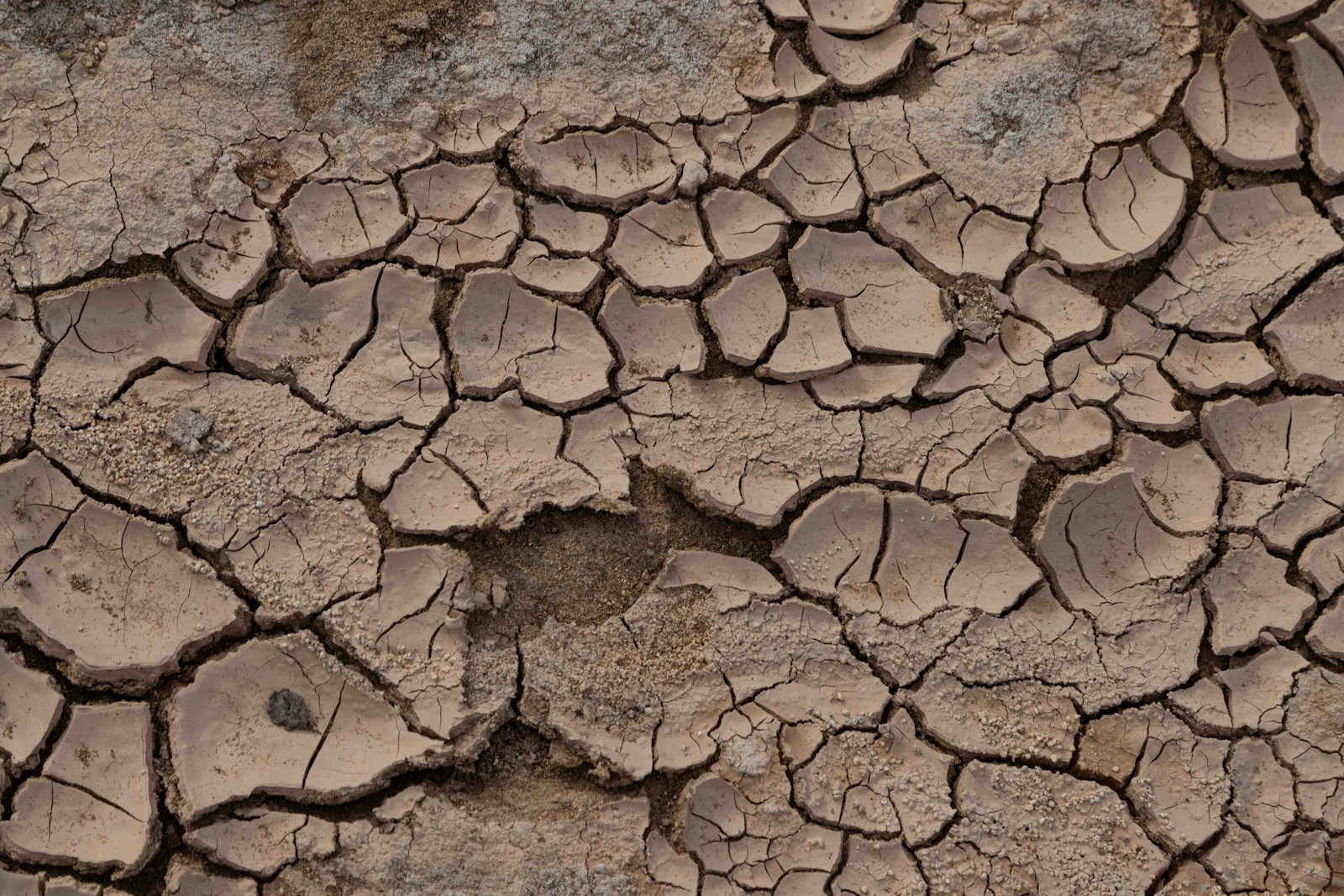
île

island
The French word for 'island' is 'île'. It is used much the same as the English term, referring to a piece of land surrounded by water. It can be used in various contexts such as geography, travel, and description of places. For example, 'Je vis sur une île' and 'Cette île est belle' meaning 'I live on an island' and 'This island is beautiful' respectively.
Example sentences using: île
Nous allons à l'île pour les vacances.

We are going to the island for the holidays.
The French word 'île' means 'island'. So, the sentence means that the speaker and their company are going to spend their holidays on the island.
L'île de la Réunion est connue pour son paysage incroyable.

Reunion Island is known for its incredible landscape.
The statement expresses praise for Réunion Island, a French oversea region, well-known for its scenic beauty.
J'ai toujours rêvé de visiter une île tropicale.

I have always dreamed of visiting a tropical island.
This statement is expressed by individuals who wish they could travel to and explore a tropical island.
L'île est entourée d'eau turquoise.

The island is surrounded by turquoise water.
The term 'île' is used here to describe a geographical feature, an island, with water in a specific color - turquoise.
Le trésor est caché sur l'île.

The treasure is hidden on the island.
This sentence could often be seen in adventure or treasure hunt stories, where an island is mentioned as the location of the hidden treasure.
L'île est accessible uniquement par bateau.

The island is only accessible by boat.
This sentence indicates that the only way to reach the island is by a boat, which illustrates a common characteristic of some remote islands.
Je me sens seul sur cette île déserte.

I feel alone on this desert island.
Here, 'île' is used to express a feeling of isolation and loneliness as the speaker stated that they feel alone on the described deserted island.
Nous avons exploré chaque coin de l'île.

We explored every corner of the island.
This sentence suggests that the speaker and their companions have thoroughly explored the entire island.
Elle a quitté l'île quand elle était jeune.

She left the island when she was young.
In this phrase the person, referenced as 'she', moved away from the island at a younger age.
L'île est populaire pour ses belles plages.

The island is popular for its beautiful beaches.
This sentence highlights a feature of the island - its beautiful beaches, which make it a popular place to visit.